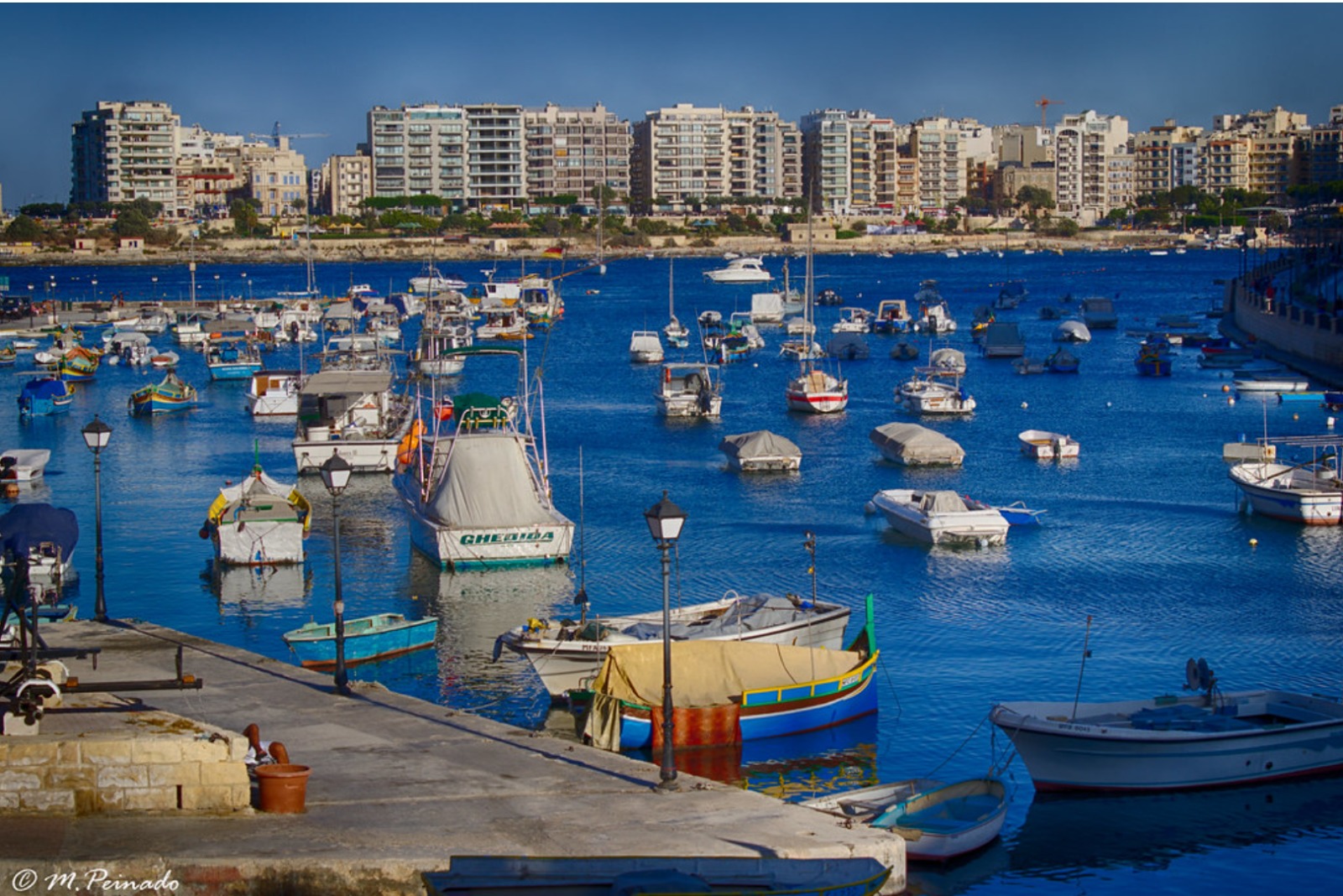Ireland looks set to ban free bets and credit card gambling with a bill which will also establish a long-expected gambling regulator for the first time in the country.
The General Scheme of the Gambling Regulation – a bill introduced by Ireland’s Law Reform Minister James Browne – sets out ways which the new regulator will be able to regulate the gambling industry in Ireland, and introduced new player protection methods.
Under the bill, offering free bets are banned, as is offering credit or loans to any players, and operators will be forbidden from attempts to keep a person gambling.
However, its move to ban credit card betting was preempted by a coalition of leading Irish sports book operators, the Irish Bookmakers Association (IBA), who in August agreed to ban credit cards.
Fines for operators breaching the stringent rules could reach up to €20 million, or 10 per cent of a licensee’s annual revenue.
The regulator will also be charged with granting, revoking and renewing licences, as well as controlling gambling advertising and regulating all gambling activities and services.
Other player protection measures include the mandatory displaying of a warning concerning the potential risks of gambling and the displaying of terms and conditions, such as the applicable odds on offer to both retail and online players.
The bill will now be drafted by the Office of Parliamentary Counsel, before being sent to the Oireachtas Justice Committee for review.
The bill will also charge the new regulatory body – the Gambling Regulatory Authority of Ireland – with the tackling of money laundering, investigating suspected money laundering activity and instigating prosecutions, as well as imposing sanctions.
Continue Reading
Pjazza 1902: New hotspot blends community engagement and B2B offerings
The entertainment hub, which has recently opened in Pembroke after a lengthy period of meticulous restoration, serves up a gamut of dining, fitness, business and leisure opportunities
Gavin Isaacs steps down as Games Global chairman to take on new role as Entain CEO
His appointment comes into effect from September 2024, and will see him remain on the board of Games Global as an independent non-executive director
Third-largest cryptocurrency exchange OKX selects Malta as its MiCA hub
Under the MiCA framework, OKX plans to offer spot trading (including EUR and USDC pairs) in addition to buy, sell, convert and staking services to qualified EU residents through Okcoin Europe Ltd
GO’s Enterprise Solutions geared to deliver end-to-end business technology
The telecoms firm prioritises holistic and scalable solutions for its corporate clients, says Arthur Azzopardi, Chief Officer at GO Business.










